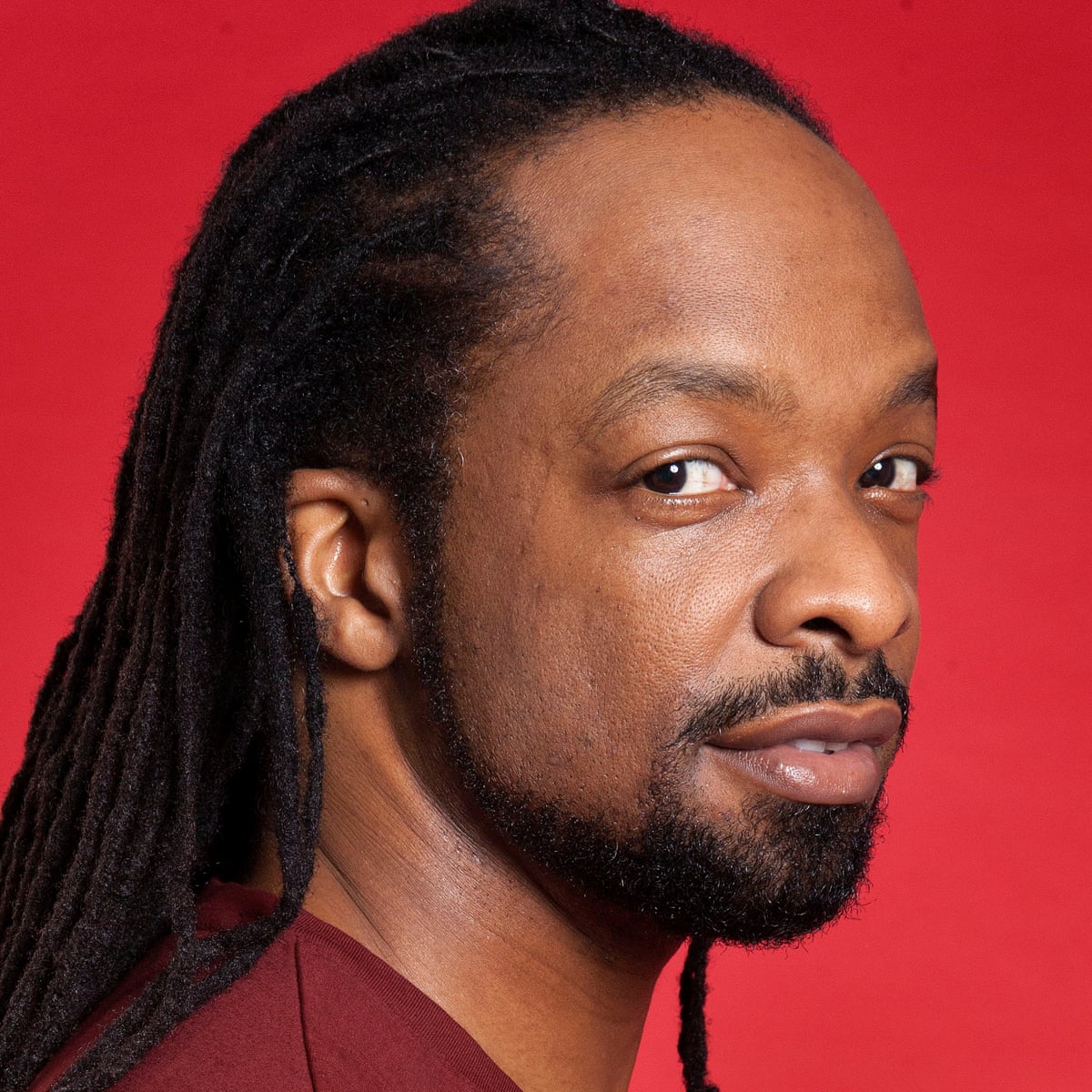Heavy and expensive, hard and black
With bits of chrome, they looked
Like baby cannons, the real children of war, and I
Hated them for that, for what our teacher said
They could do, and then I hated them
For what they did when we gave up
Stealing looks at one another's bodies
To press a left or right eye into the barrel and see
Our actual selves taken down to a cell
Then blown back up again, every atomic thing
About a piece of my coiled hair on one slide
Just as unimportant as anyone else's
Growing in that science
Class where I learned what little difference
God saw if God saw me. It was the start of one fear,
A puny one not much worth mentioning,
Narrow as the pencil tucked behind my ear, lost
When I reached for it
To stab someone I secretly loved: a bigger boy
Who'd advance
Through those tight, locker-lined corridors shoving
Without saying
Excuse me, more an insult than a battle. No large loss.
Not at all. Nothing necessary to study
Or recall. No fighting in the hall
On the way to an American history exam
I almost passed. Redcoats.
Red blood cells. Red-bricked
Education I rode the bus to get. I can't remember
The exact date or
Grade, but I know when I began ignoring slight alarms
That move others to charge or retreat. I'm a kind
of camouflage. I never let on when scared
of conflicts so old they seem to amount
To nothing really-dust particles left behind
Like the viral geography of an occupied territory,
A region I imagine you imagine when you see
A white woman walking with a speck like me.
Published:
2019
Length:
Regular
Literary Movements:
Contemporary
Anthology Years:
2020
2022
Themes:
Education & Learning
Faith & Hope
Identity
LGBTQ+ Experience
Science & Climate
Literary Devices:
Allusion
an expression designed to call something to mind without mentioning it explicitly; an indirect or passing reference
Anaphora
a figure of speech in which words repeat at the beginning of successive clauses, phrases, or sentences
Chiasmus
the usage of words in a clause that are repeated in reverse order
Enjambment
a line break interrupting the middle of a phrase which continues on to the next line
Extended Metaphor
a metaphor that extends through several lines or even an entire poem
Internal Rhyme
A rhyme involving a word in the middle of a line and another at the end of the line or in the middle of the next.
Simile
a comparison between two unlike things using the words “like” or “as”

